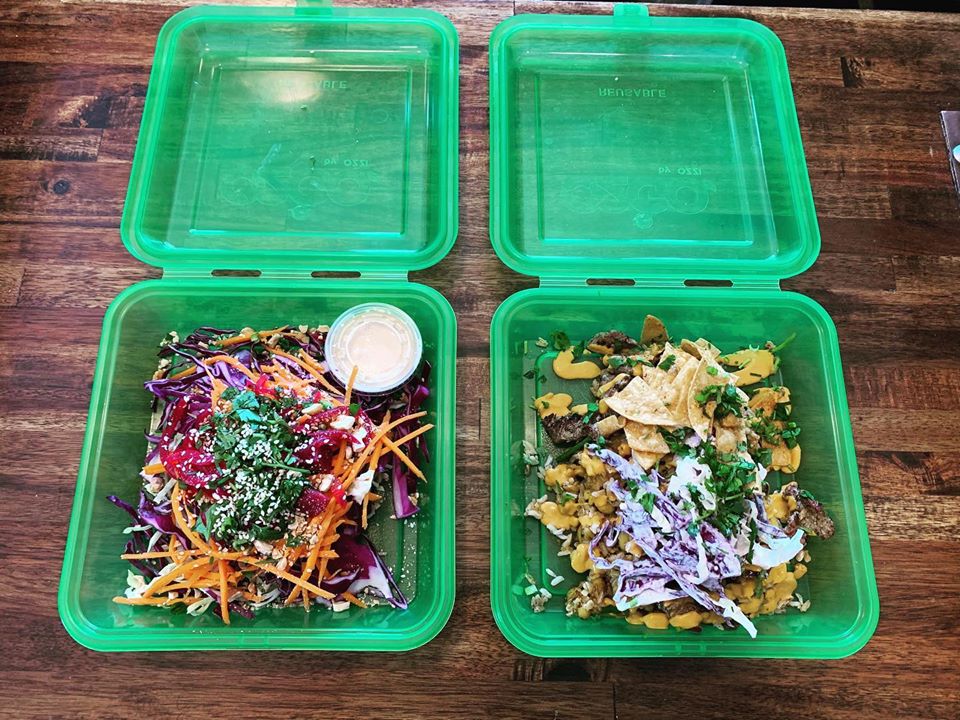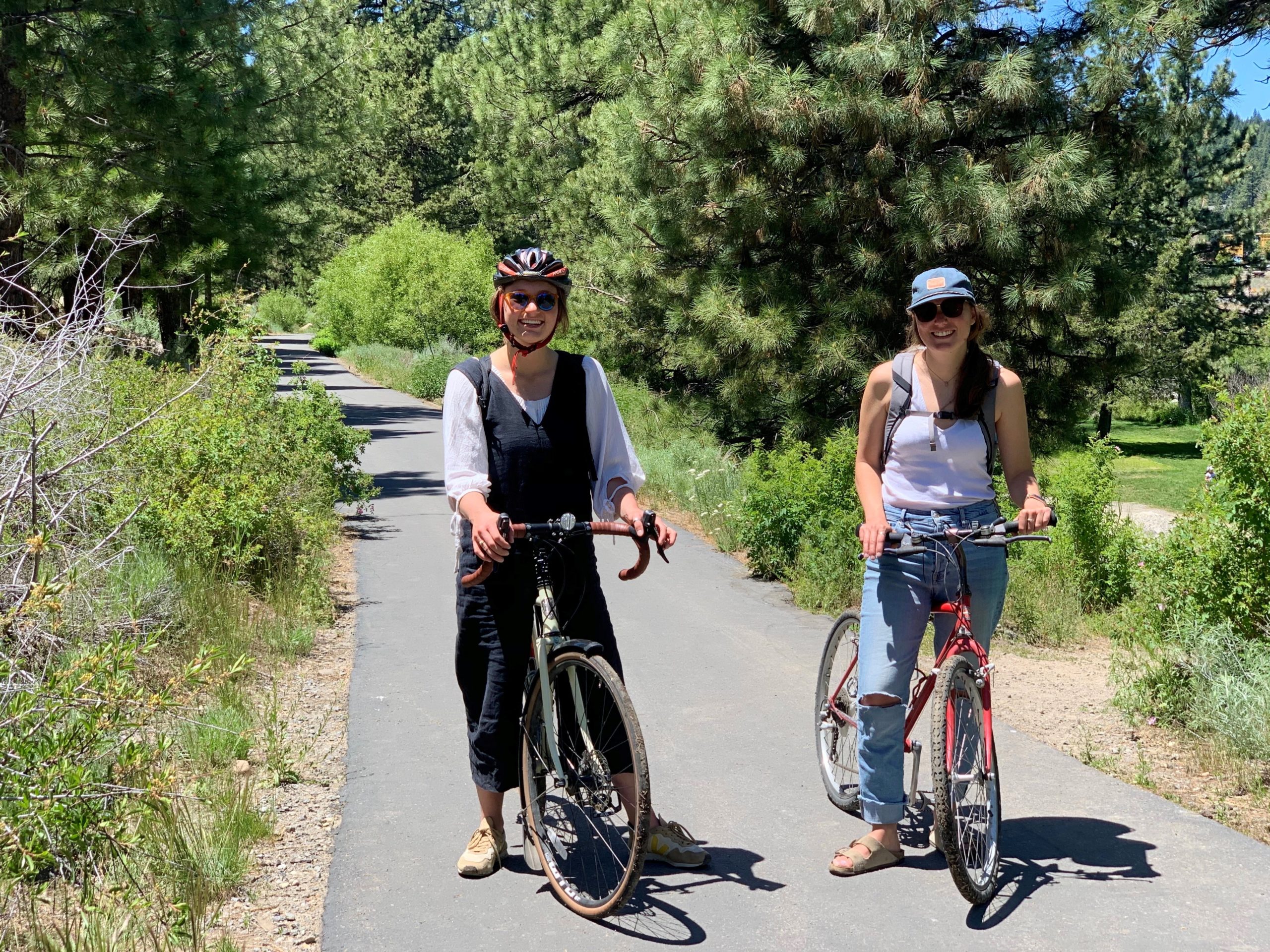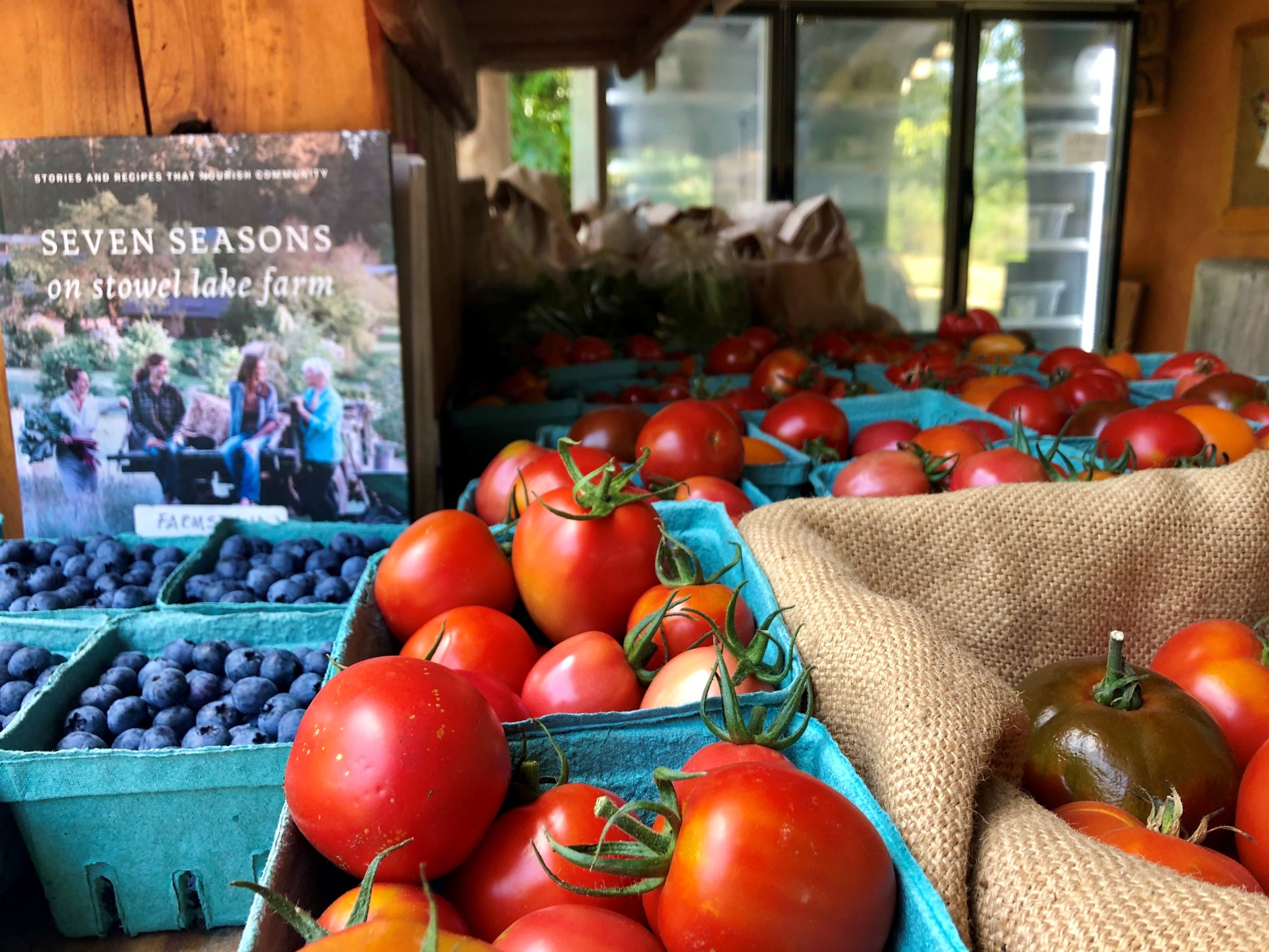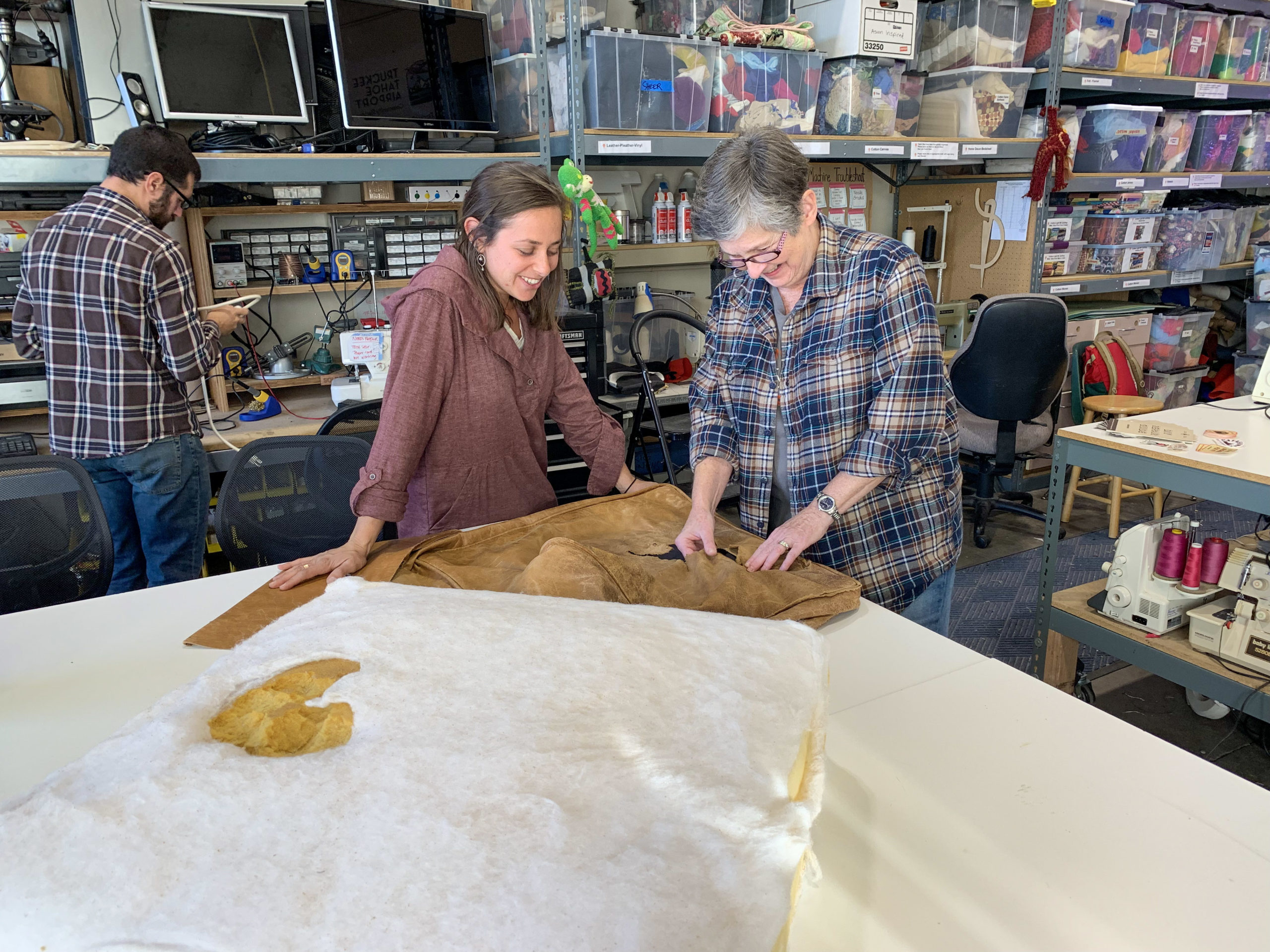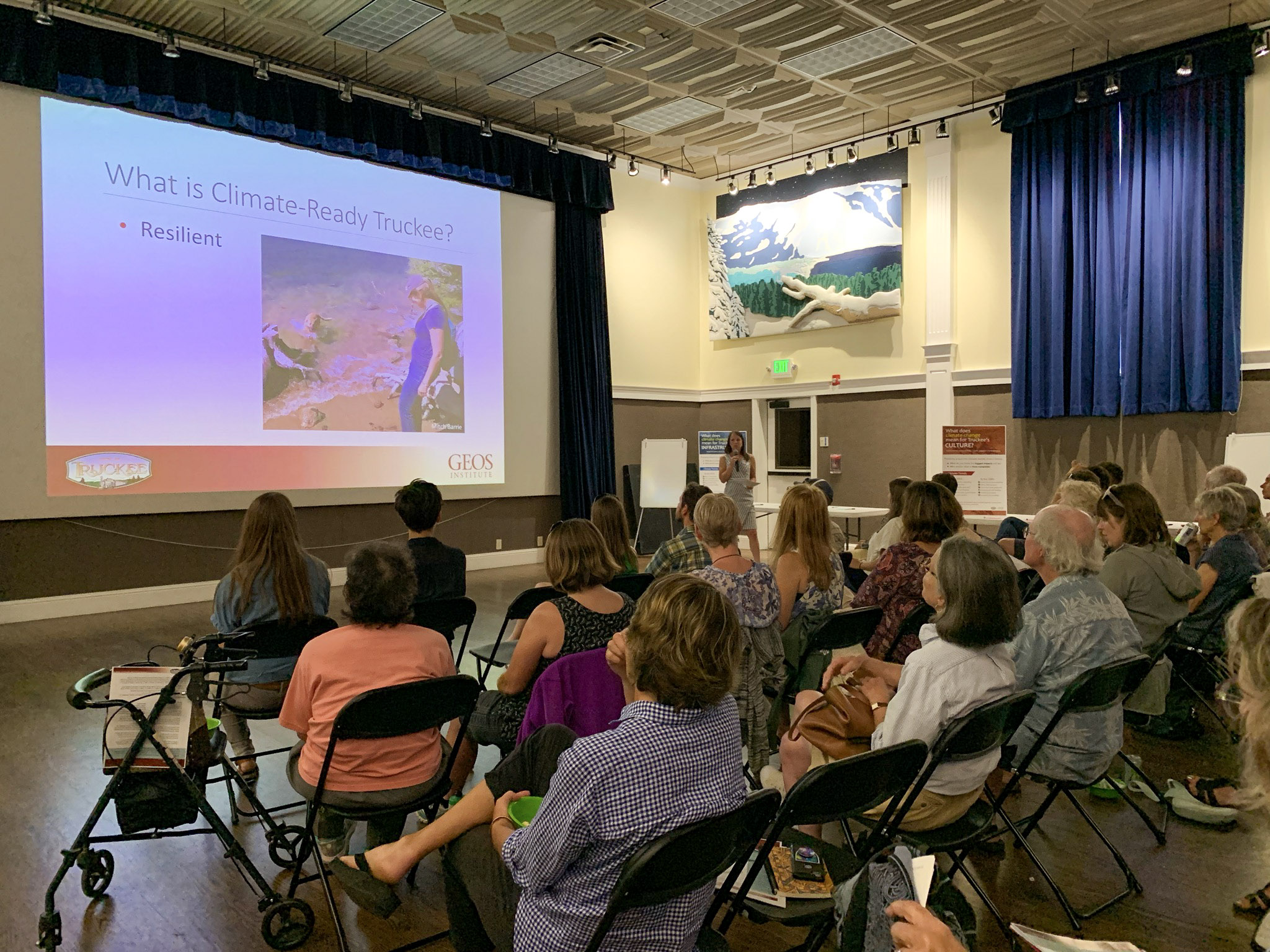Keep Truckee Green wants to help you take action on sustainability in your own life. Start with these 14 easy steps to build new habits and reduce your footprint!

Eat more plants – What we eat has a big impact on the planet. Our meat-centric Western diet accounts for 1/5 of global emissions, and choosing plant-based meals is an easy and impactful action to reduce your carbon footprint. Try out a Meatless Monday, switch one meal a day to plant-based protein, or just investigate a new veggie recipe. Not only will you be reducing your risk for illness and disease, but you can save money on your grocery bill!

Save on natural gas – Did you know energy use accounts for over half of Truckee’s GHG emissions, and the majority of those are from natural gas? We can tackle this by reducing natural gas and being more efficient with how we heat our homes. Make sure your water heater is set to below 120 degrees F, turn down the heat on your thermostat, or install a smart thermostat. If you have the capacity, consider upgrading your HVAC system or switching to an electric heat pump, weatherizing and insulating your home, and installing energy efficient windows. Check out rebates offered by your natural gas supplier (SW Gas)

Use less energy – We’ve all heard it before—turn off your lights when not in use! But you can take it a step farther and replace aging lights and appliances with Energy Star certified products, or if you are a TDPUD customer, schedule a free energy assessment of your home. Here are some links to local energy conservation programs (TDPUD, Liberty Utilities).

Travel closer to home – If you fly, chances are aviation emissions make up a big chunk of your personal carbon footprint. Consider vacationing closer to home and look for alternatives to business travel such as videoconferencing, and take buses and trains when possible. When you can’t avoid the trip, reduce emissions by choosing a direct flight.

Reduce food waste – Over a third of the world’s food never ends up on our table, meaning the resources used to produce it were for not. That is a lot of unnecessary GHG emissions. So what can you do? Re-evaluate your understanding of expiration dates, only buy what you need, be OK buying “ugly” produce, and donate uneaten food to those who are food insecure. The Tahoe Food Hub is a great resource for not only healthy locally-grown food, but also an information hub for regenerative agriculture.

Reduce your household water use – Water, especially in California is a finite resource so only use what you need! Not only will you save money, you will also reduce the energy needed to treat and transport the water to your home. This can be as easy as getting a timer for your shower, fixing your leaks, turning off the water when brushing your teeth, or reusing your water from dishwashing. Homeowners can also purchase high efficiency and low-flow appliances like dishwashers, washing machines and toilets. Check out rebates and programs from TDPUD.

Compost – Put your food scraps to work to nourish our soils. Start your own backyard compost, or even easier: drop off your food scraps to one of our three community drop-off locations. The food scraps donated at the Demonstration Garden or Farmers Market are used by Slow Food Lake Tahoe to grow produce for community members in need.
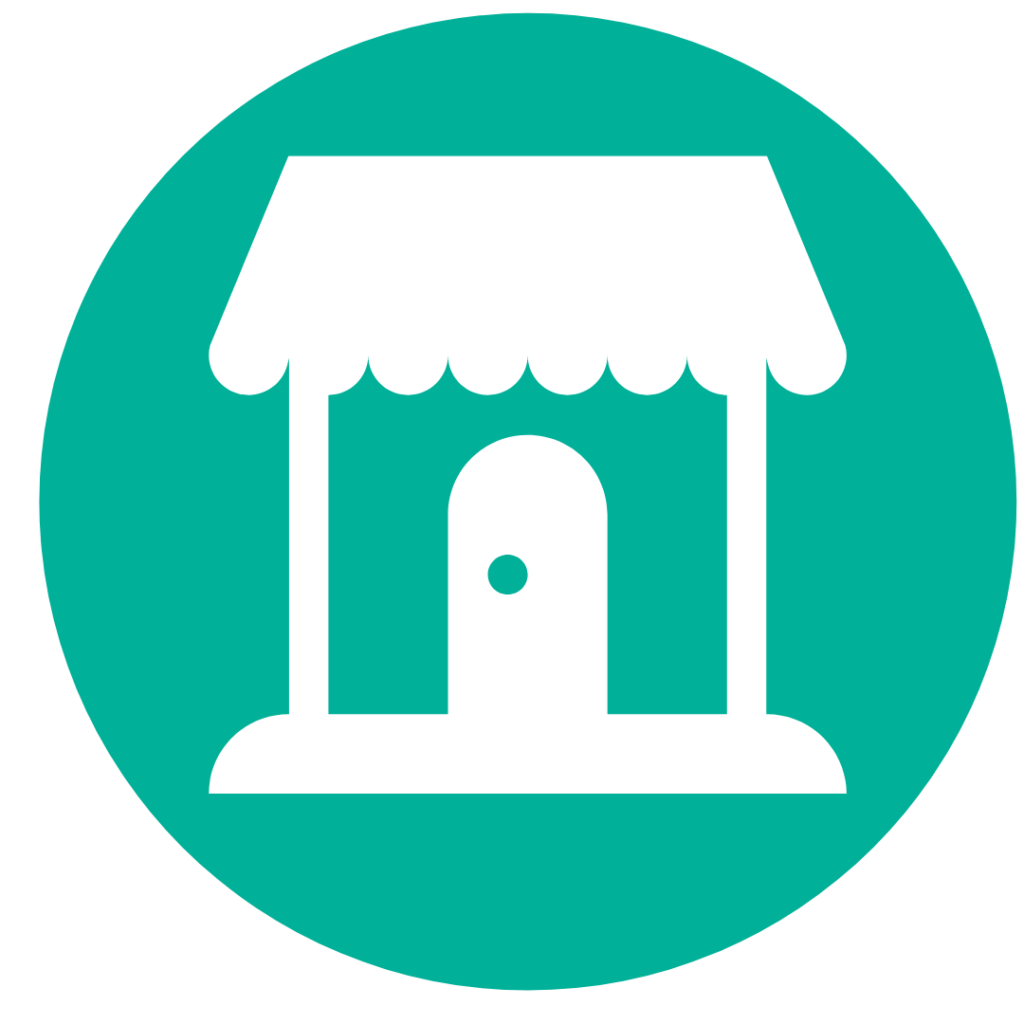
Conscious consumerism – The most sustainable item is the one that was never bought. However, you can reduce your purchasing emissions by opting for used or thrifted clothes, subscribing to a CSA box, or shopping local instead of ordering items online. Choose products that can be reused over and over, and are made to last. Consider who made your item, how it was made, and how it got to you. By choosing locally made products, you can decrease the energy and transportation emissions associated with delivering it to your doorstep.
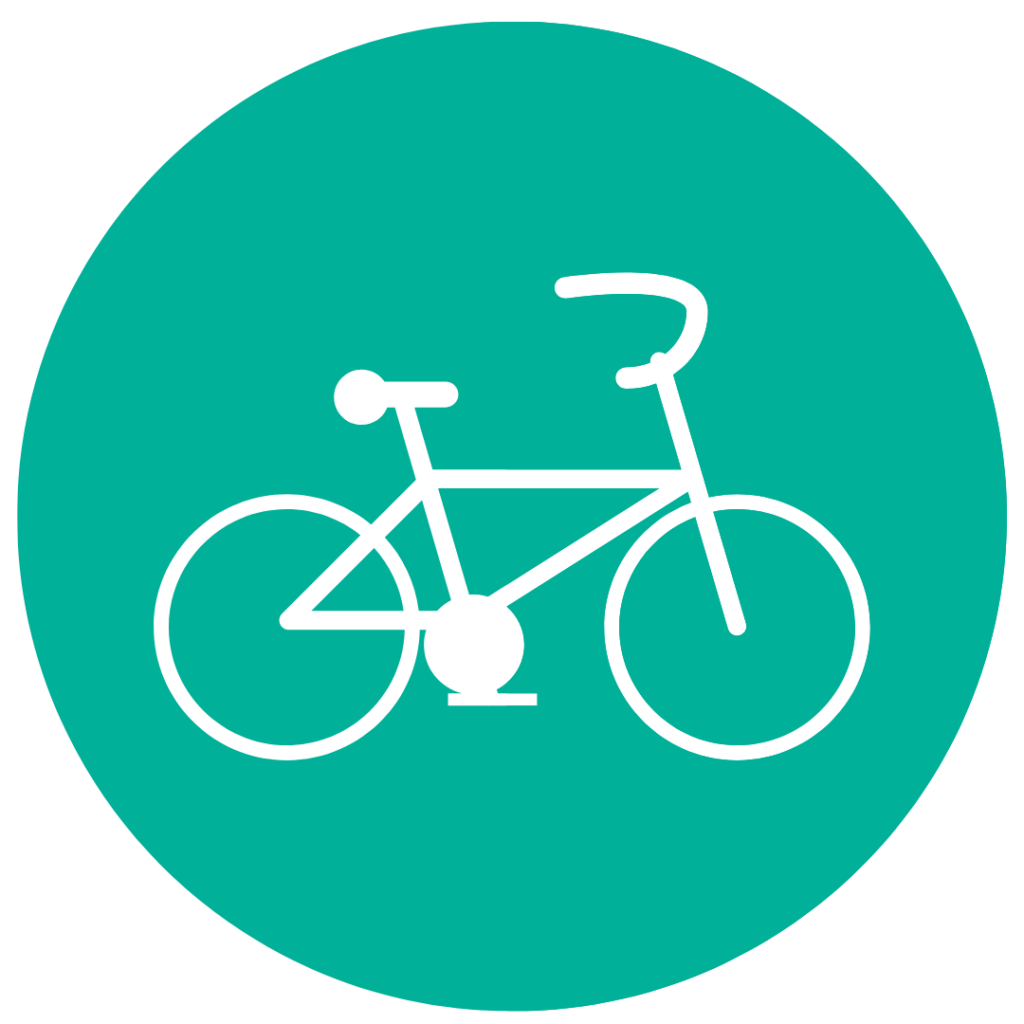
Bike to work – 2020 is the year of the bike. With an extensive regional bike trail network, it is easier than ever to ride a bike to get to work, shop for groceries, or pickup your takeout order. And now with dozens of bike manufacturers offering electric models, there really is something for everyone. Replacing your automobile trips with a bicycle or e-bike doesn’t just reduce your carbon footprint, but is great for your health and productivity. Here is a map of Truckee’s bike paths, and a link to Lake Tahoe Bicycle Coalition for other resources like safety tips, parking information, and regional bike maps.
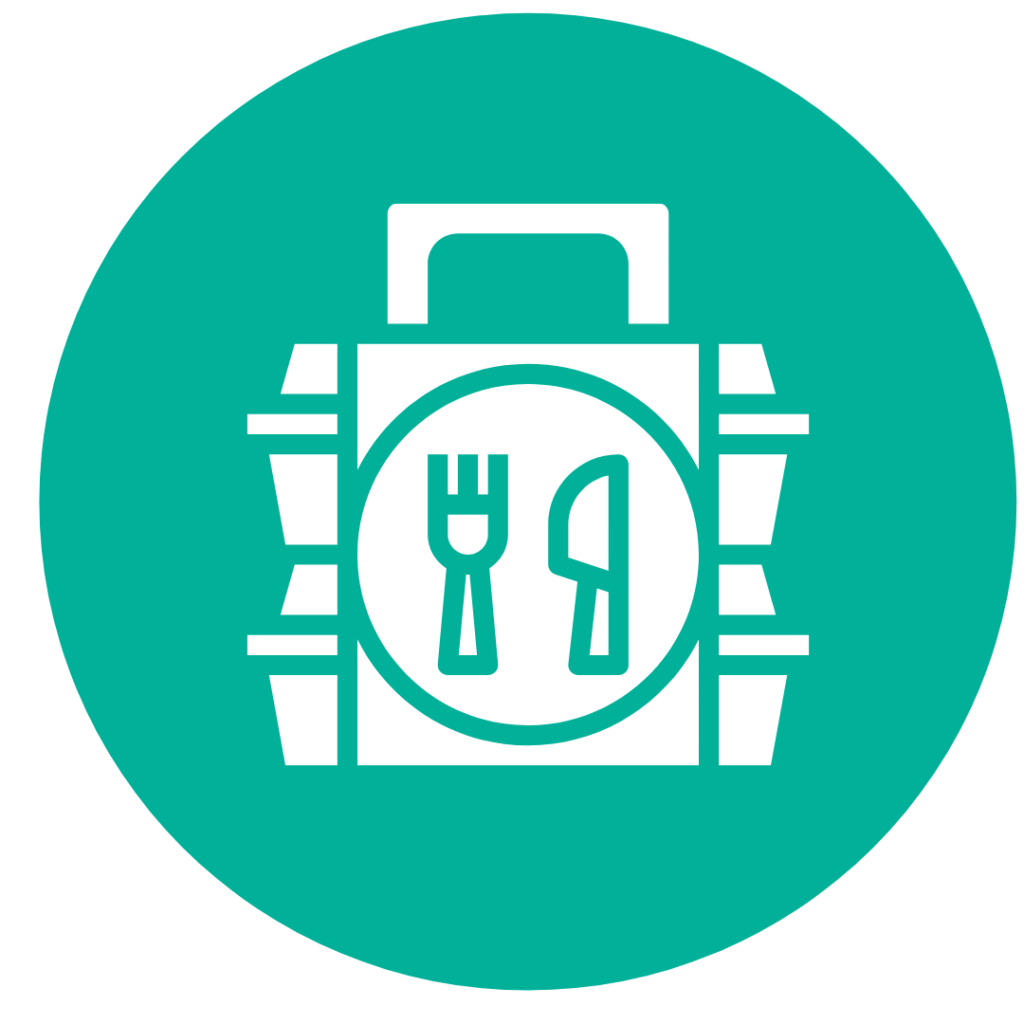
Reuse reusables – In the time of takeout culture, we want to encourage you to use reusable items! Reusable grocery bags, travel coffee mugs and reusable water bottles have become simple ways to integrate durable products into our everyday lives to reduce unnecessary waste of single use items. Go one step further by making your dining out greener by carrying your own utensils or getting your take-out in a reusable Green Box. Did you know Truckee has a reusable to-go box program?

Repair your items – Does your favorite puffy jacket have a hole in it? Repairing broken items instead of buying new helps reduce the impact of consuming goods. Learn how to repair household items at one of our Fixit Clinics hosted by the Truckee Roundhouse, or send in garments needing repair to places like Technical Equipment Cleaners or Worn Wear.

Green waste – Do you part to keep our community fire safe by clearing defensible space around your home AND help reduce green materials from the landfill at the same time. When organic material such as grass clippings and yard waste get landfilled, it releases harmful greenhouse gases. By using your residential green waste options like green carts, free drop-off and discounted dumpster rentals, it ensures the materials get properly recycled.

Recycle – Have you ever heard the myth that we don’t recycle here? Well, that’s simply untrue! Use your free recycling cart to recycle plastics #1 & 2, cardboard, glass, paper & aluminum. Don’t forget to place clean and dry recyclables directly in your cart. If you’re unable to use a blue cart, blue bags are still accepted. When buying disposable items, try choosing items made from glass and aluminum—they can be recycled infinitely.

Engage in public workshops – Your voice matters, help shape what sustainability looks like in your community. Local governments are small but have a big responsibility in reducing our emissions, and we need your help. Tell us how GHG reduction efforts impact you, your business, your neighborhood, and what you’d like done differently.
If you’re interested in a comprehensive list of solutions to reduce your GHG footprint beyond your household, check out Project Drawdown, at www.drawdown.org.
By: Nick Martin, Sustainability and Special Projects Manager
